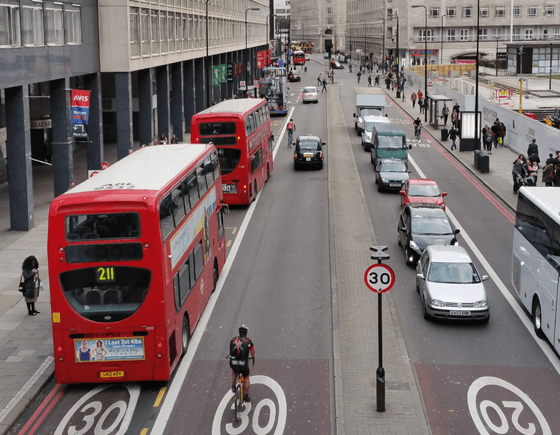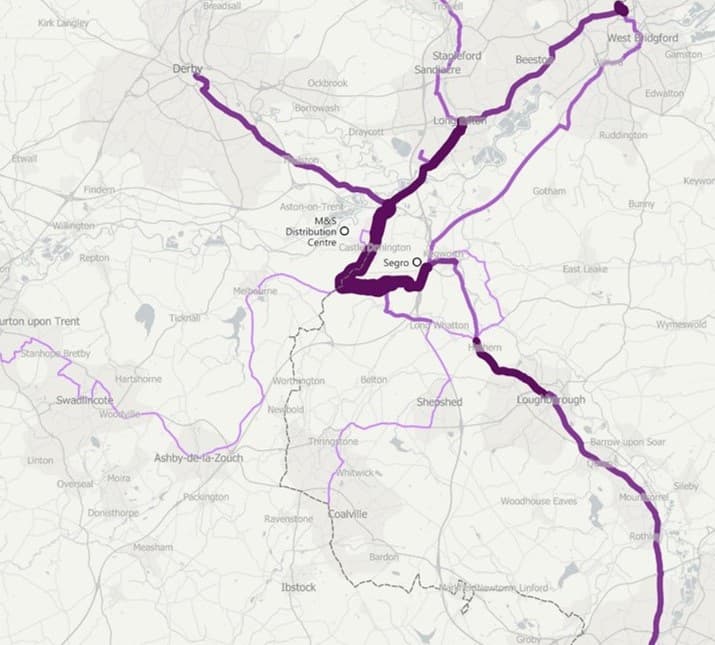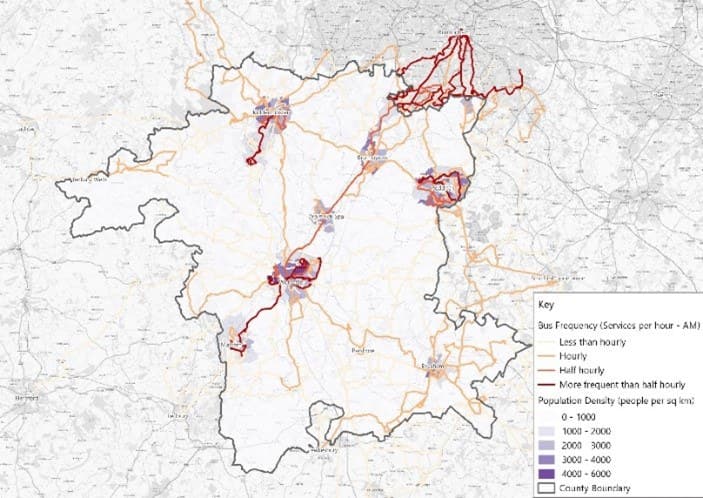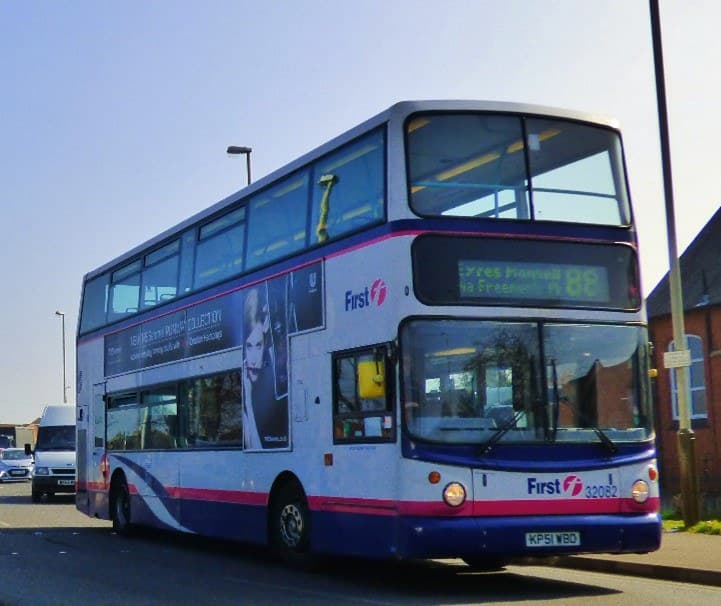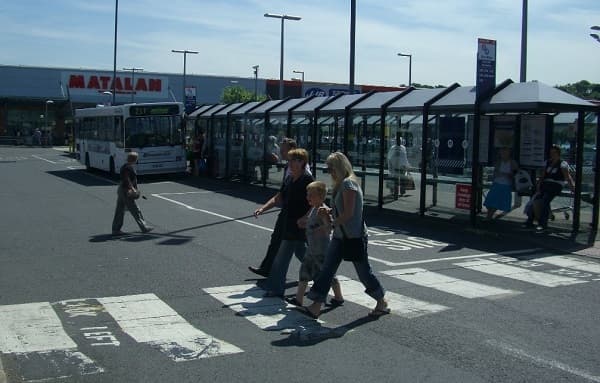Worldwide, the most effective and sustainable transport networks are built upon visions that are supported and shaped through comprehensive strategies.
A good public transport strategy brings with it an understanding of the travel needs and aspirations of users and potential users; identifies opportunities and challenges; includes robust objectives; and creates a clear roadmap for how the vision can be delivered.

